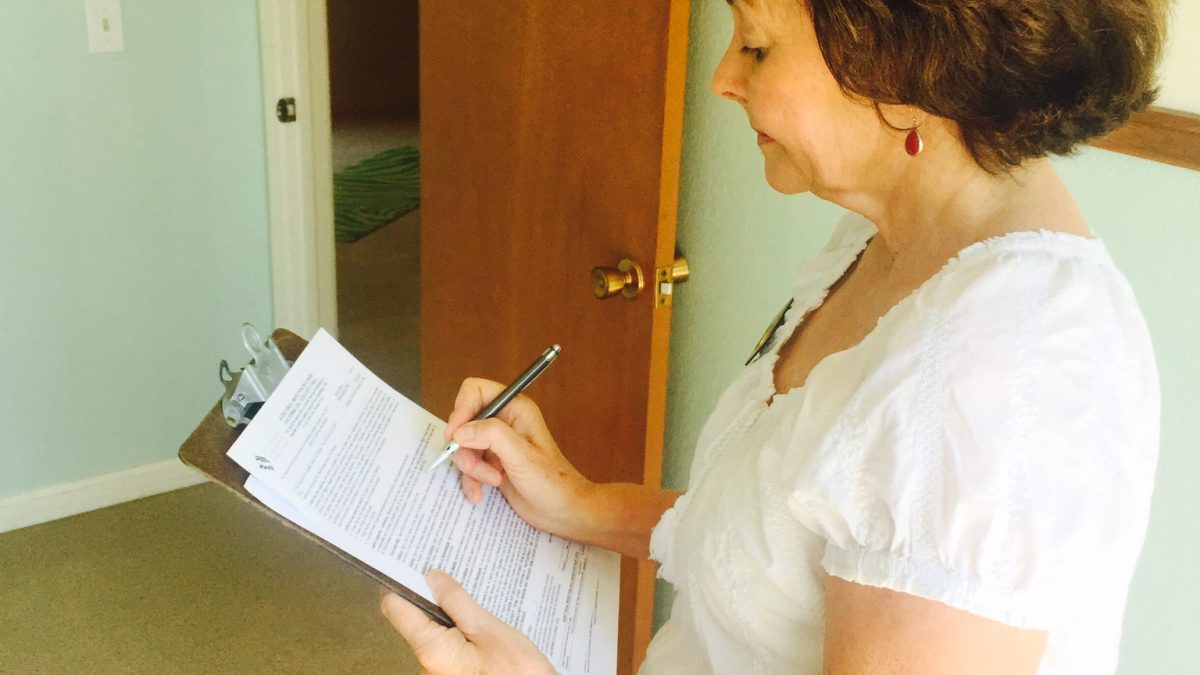The Real Estate AVID
The Real Estate AVID

The Real Estate AVID

The California AVID is not an insect–though many real estate agents consider it worthy of extermination. The Agent Visual Inspection Disclosure is, for a fact, an odd and awkward creature. Can the findings from the AVID be used by the buyer in negotiating a Request for Repairs? Answer at the end of the article.
For residential real estate transactions, California law requires that both listing and buying* agents conduct a “reasonably competent and diligent visual inspection” of the property. “Reasonably?” Have you ever heard anything so vague? “Reasonably,” according to whom? Hizzonor, probably, in the event that somebody tries to sue somebody.
There are three fundamental flaws in the AVID idea:
1. The real estate agent is not competent (or licensed) to perform home inspections.
2. The real estate agent is not a neutral party. The listing agent is obliged to favor and protect the seller; the buying agent takes care of the buyer.
3. The AVID itself limits the scope of the “inspection” to items that can be seen and described as the agents walk around the property. Note the condition “walk around.” The agents do not:
- Climb on roofs
- Crawl under houses or in attics
- Move things or look under or behind things
- Test the operations of any devices
Consequently, the reportage on the 3-page AVID form is, at best, superficial and incomplete, and, at worst, misleading and biased. So what’s it good for anyway? Let’s peek at typical AVID items:
- Evidence of water penetration, especially on ceilings, bathrooms, kitchens, laundries, and around windows and doors
- Broken windows
- Obvious structural issues (sloping floors, cracks in foundation, leaning walls, doors that won’t open or close, diagonal cracks or separations in the walls, etc)
- Cosmetic flaws (paint, carpentry, tile, carpet etc.)
- Missing items (stoves, tubs, toilets, flooring, cabinet hardware, etc.)
- Safety concerns (holes in decks, wobbly stairs, missing guard rails, exposed wiring, etc.)
- Visible water drips or leaks
- Three items required by law (smoke and CO detectors, properly strapped water heaters)
It is inadvisable for the real estate agent to characterize findings (the plumbing is “bad,” the crack is “big,” the roof needs to be “replaced,” etc.). If there is noise from freeway traffic, agents don’t say the noise is “loud;” they just report that there is freeway noise. The buyers can decide for themselves if the noise is too loud or negligible or whatever.
If the AVID is so limited in scope, why require it at all? The story goes back to law suits (of course) where Hizzonor discovered that certain agents were selling homes long distance to out-of-town buyers without the agent ever having seen the property. Hizzonor was not pleased.
Finally, to the question asked in the first paragraph: can the findings in the AVID be used to substantiate a buyer’s Request for Repairs to the seller?
Yes. But, as evidence goes, AVID findings are not as strong as items reported in professional home or wood-destroying pest inspections, but the AVID is better than nothing, especially if the buyer has waived profession inspections (not a good idea, by the way, under most circumstances).
*Legally, the real estate agent who represents the buyer is called the “selling” agent for reasons too arcane and technical to discuss here.
If you enjoyed reading this article, and want to find out more,
just CALL CJ at (530-906-4715) or subscribe below.
Stay Informed
Get the latest posts delivered direct to your email
